By performance timers do you mean getting the time delta from the start of the run and the end of the run? If so, don't use ctime/time.h for gathering the elapsed time, it is inaccurate. Instead, you have to use <sys/time.h> in linux to gather the elapsed time.
The way how it works:
Code:
#include <iostream>
#include <sys/time.h>
void init_timer(timeval &tv) {
/* Update tv to the current time */
gettimeofday(&tv, 0);
};
unsigned int get_time(timeval &start, timeval &end) {
/* Update end to current time, at this point start should be updated earlier by init_timer() */
gettimeofday(&end, 0);
/* Calculate the difference in microseconds(tv_usec) and convert it to milliseconds, do the same to seconds(tv_sec) */
return (end.tv_usec-start.tv_usec)/1000 + (end.tv_sec-start.tv_sec)*1000;
};
int main() {
timeval tv_start;
timeval tv_end;
init_timer(tv_start);
/* Do something */
std::cout << get_time(tv_start, tv_end) << std::endl;
return 0;
};
timeval structure and gettimeofday(timeval &) gives microsecond accuracy, which is then truncated to milliseconds which should be precise enough. At least has been for my use. 
The good thing about sys/time.h is that it is part of C POSIX library, so it should work with any POSIX compicant operating systems.






 Reply With Quote
Reply With Quote

 ), I realized that the performance counters couldn't be accessed portably, so I did a combination of clock() and time.h.
), I realized that the performance counters couldn't be accessed portably, so I did a combination of clock() and time.h.

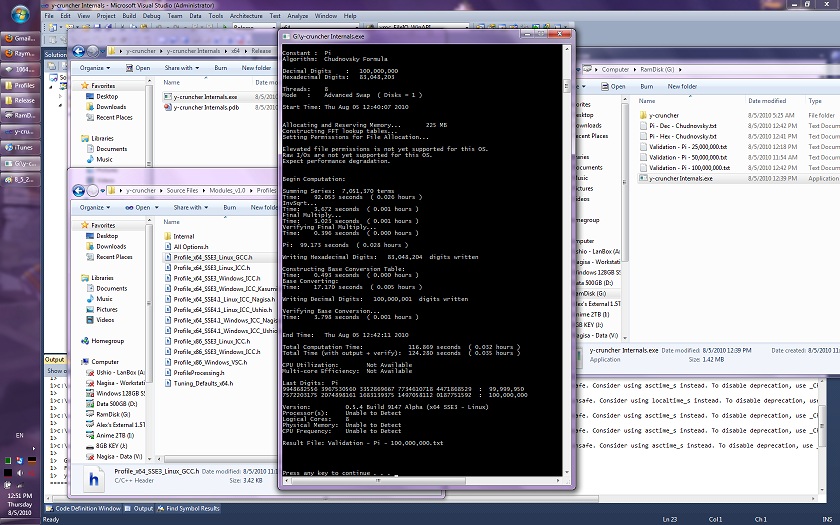

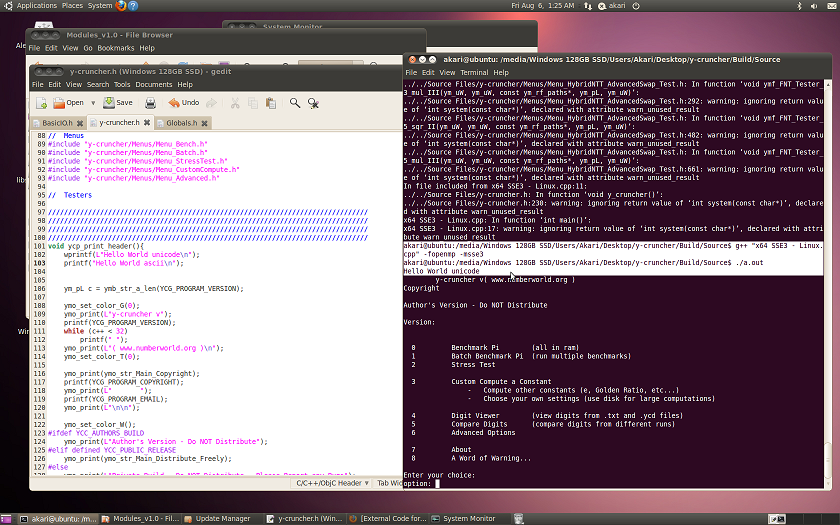
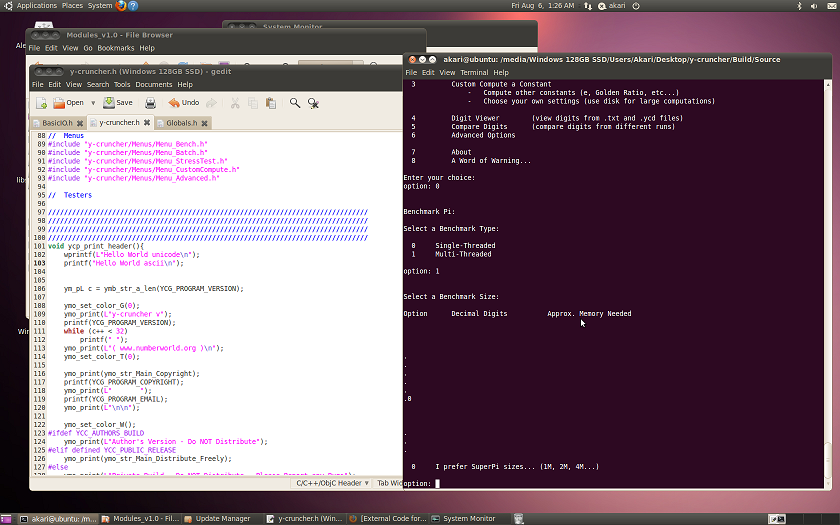
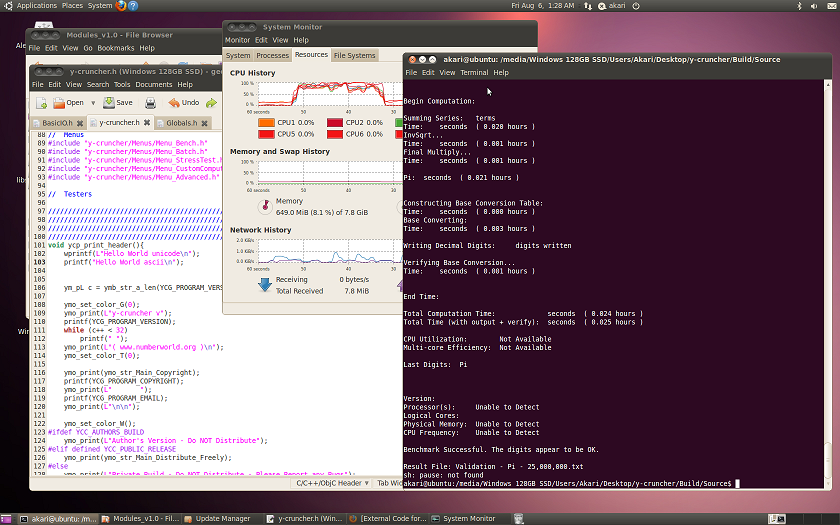


![Send a message via AIM to [XC] gomeler](images/misc/im_aim.gif)

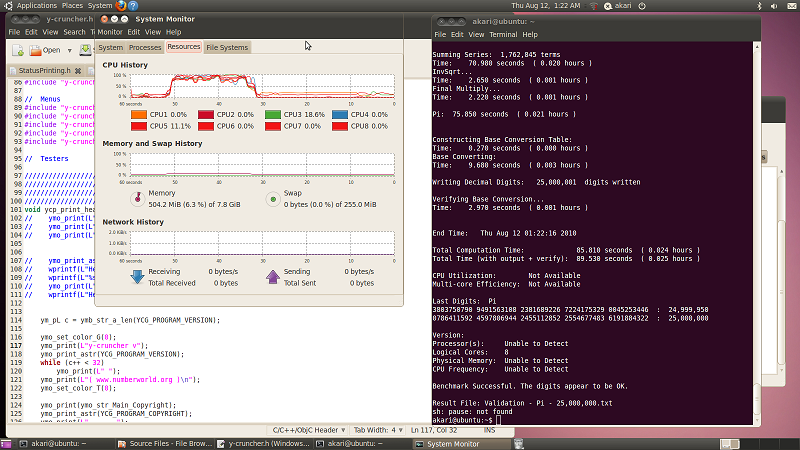




Bookmarks